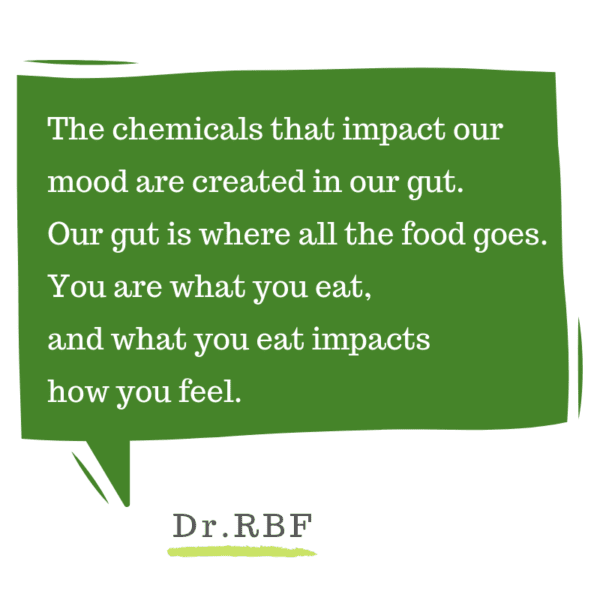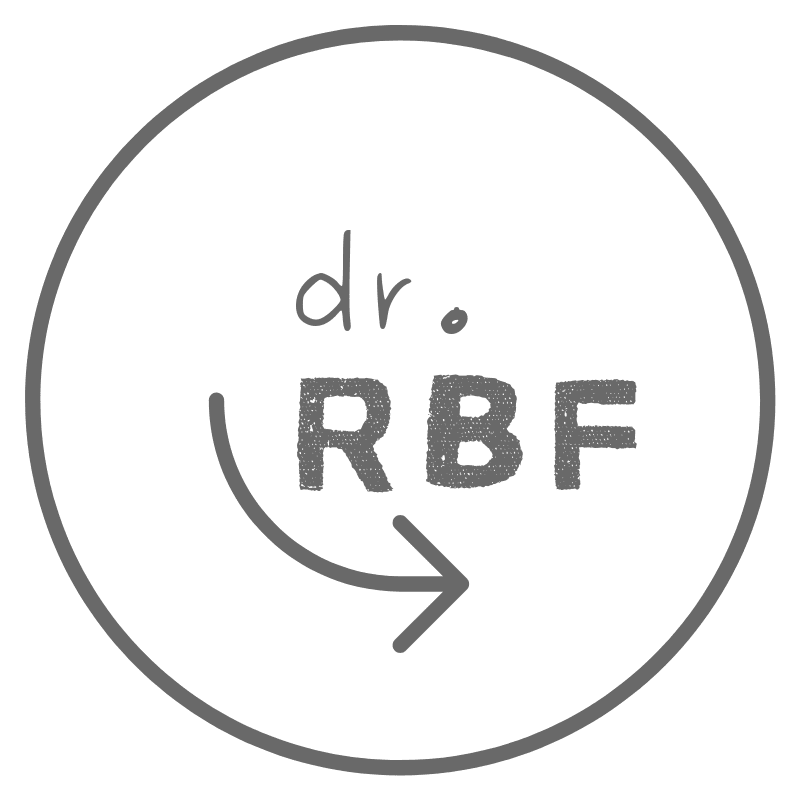
07 Mar Food For Thought
Ask anyone who knows me… I love food.
I love to grow my own food, I love cooking and I love eating. I’ve been known to read cookbooks cover to cover. I know I’m not alone in this obsession. After all, most of us eat multiple times a day. Yet, we have no idea how to eat intuitively. We concentrate on physical markers; primarily on weight, cardiovascular markers, or cancer prevention. Rarely, do we think about how to eat for our mental health.
There is so much confusion about what is “healthy.” I get questions like: Are carbs good or bad? Should I eat meat or not? How many eggs is enough or too much? We are taught there are “good and bad” food choices. And then the information changes. Most of us don’t have the time or inclination to study nutritional science. So we go with what we read in the headlines, or what someone has told us works for them.
When I meet someone in my office, I always ask about what they eat, how much they cook, and how often they eat with other or alone. When I ask people about what they eat to feel healthy, most people respond with what they don’t eat. At first I was surprised, but I’ve learned to be specific with my inquiry. How much water do you drink each day? What about caffeine and sugar? Do you have cravings? If so, for what and when do those cravings occur? Clients are often surprised at my focus on food and nutrition. After all, people are coming to talk about feelings and relationships, not about food. Or so they think. Although I’m not a nutritionist, I talk about food with clients because our feelings, beliefs, customs and trauma impact our relationship to food. Our culture, families, income and lifestyle all impact our relationship to food. With all that we think we know about food, the reality is that food affects us even more than most people recognize. News Flash: food affects how we feel. link to association between obesity and depression

Most people can understand: you get out what you put in. Put in junk: you get a funk. Yet, most Americans rarely eat home cooked food. Instead we eat processed food on the go or alone in front of a screen. This impacts our physical and mental health. In fact science is regularly reinforcing the importance of the gut-brain connection.link to gut-brain connection Our neurotransmitters, which are the chemicals that regulate our bodies and our brains, are made in the gut. Here’s a link explaining where neurotransmitters are made. In plain English, the chemicals that impact our mood are created in our gut. Our gut is where all the food goes. You are what you eat, and what you eat impacts how you feel.
Although science regularly gives us new information about the connections between nutrition and health there is not a one-size-fits-all solution to universal well-being. Confusion around what to eat and what diet to follow is legitimate. In my practice I work with people who have trouble keeping their weight up, and people who struggle to lose excess pounds. There are folks who have food allergies, and those who have eating preferences. Additionally, the nutritional needs of a 15 year old boy on a soccer team are going to be different than a 50 year old woman who swims regularly, or someone who is sedentary most of the day. Yet, people seek a uniform solution. Simply put: Not. Gonna. Happen.
Instead I work with clients to find what works for them as an individual. Your solution is in your struggle. You aren’t going to find success by doing what works for your friend, your mother, or following a rad magazine article.
Here are some concepts that may help you find your own way to health.
- This is a lifetime of research. This is not a sprint. It’s an ultra-marathon. Take time to notice what, when and where you eat. Then observe how you feel. Take notes. As your life circumstance change, so will your nutritional needs. Pay attention and with time you will find your own solutions.
- 80/20. There is no such thing as perfection. It’s not even a helpful concept because this leads to all sorts of rebounding behavior. Instead, figure out what helps you feel your best and aim to stick to that 80% of the time and allow yourself some wiggle room.
- Plan to Succeed. People who accomplish goals, plan for them. Most people put little effort into planning their food, even though they spend time planning other daily activities. Put time and effort into planning your food and you will feel better.
- Drink Water. We eat until we feel full. Oftentimes people confuse thirst for hunger. Aim to drink your weight in ounces of water each day.
- 75% of your plate should be vegetables at every meal. Yup. You read that right. Even breakfast.
- Eat the Rainbow. The various colors that nature provides us offer different nutrients. Aim to eat red, blue, yellow, orange and GREEN each day.
- Find Pleasure. Food should nourish your soul as well as your body. If you are getting in your water and fiber, you are much less likely to give into cravings. Instead pay attention to what, when and how you are eating and make time and space to enjoy yourself.
- GIve yourself a break. Our bodies need time to slow down. Try to eat within a 12 hour or smaller window. It’s okay to feel hungry at times. Try to notice what your reaction to hunger and satiety is. Most of us don’t actually know what it feels like to be hungry or comfortably full, not stuffed.
These are some basic ideas that have helped me, and countless others, feel better about themselves, about their eating and ultimately their feelings and sense of self. What do you think? Can you take any of this and make changes to help yourself feel better?




